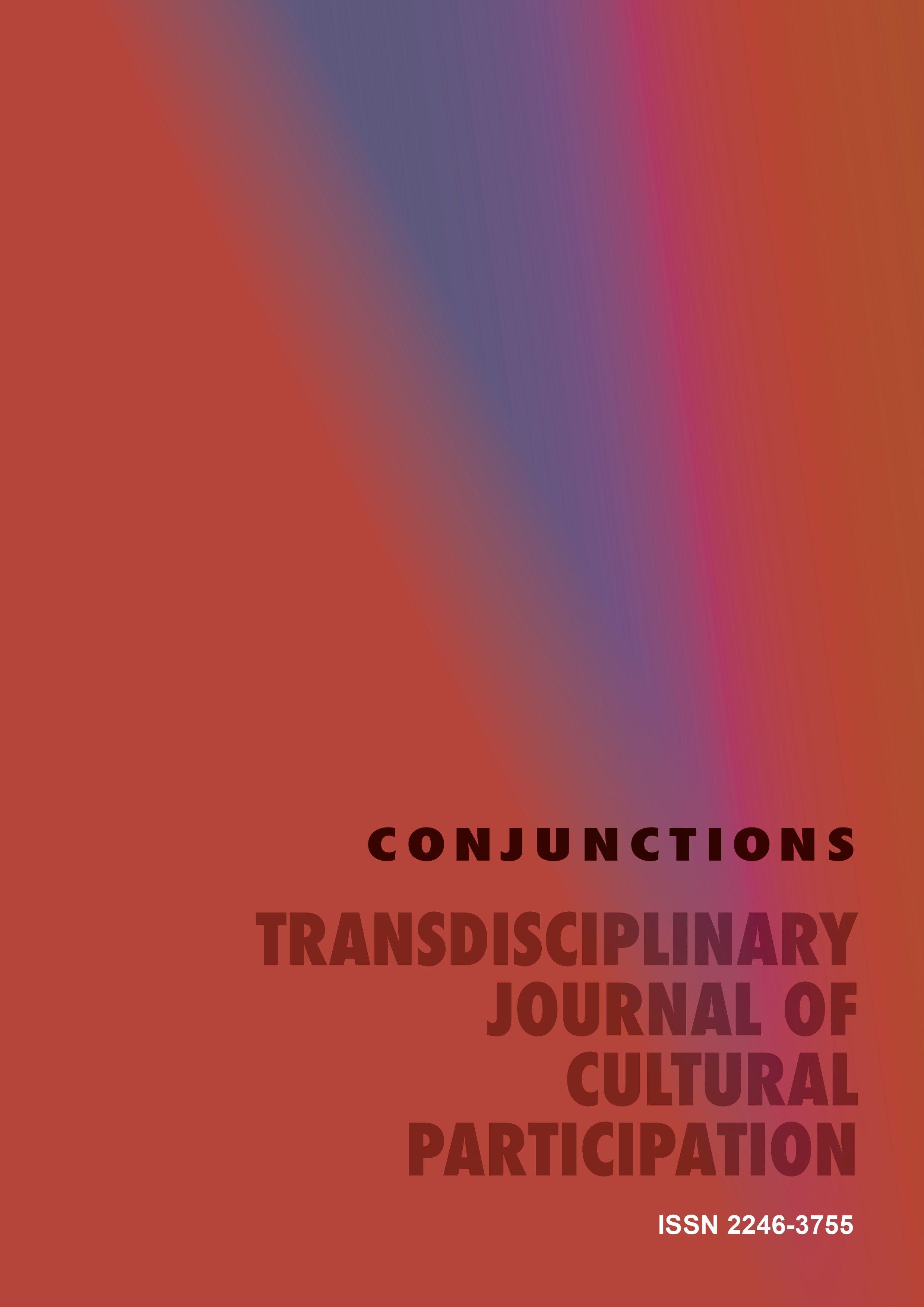About the Journal
The journal is not open for submissions at the moment.
Conjunctions is a peer-reviewed academic journal that seeks to create an international and transdisciplinary forum for the investigation of user-generated cultural production, user-driven cultural participation and citizen involvement across a variety of social fields, contexts and practices, e.g. urban spaces, (digital) media, social media platforms, education and teaching, the cultural sector and creative industries, aesthetic productions and museums, health institutions, activism and design.
The overall focus of the journal is to explore the socially transformative and democratic potential of cultural participation processes, to qualify the academic understanding of what ‘participation’ is and what it involves, and to discuss the complex relations created between user-generated processes and established institutions and discourses.
We take an interest in critical analyses of participatory practices, rhetoric and involvement strategies, in affirmative investigations of participation, in explorations of explicit or conscious and implicit or non-conscious forms of participation.
Submitted articles can be focused on theoretical development or on empirical analysis (of e.g. case studies). We also welcome work that use innovative or creative methods as well as more traditional methods.
The journal invites submissions from a variety of disciplinary fields such as media and communication studies, cultural studies, interaction and participatory design, cultural geography, education, aesthetics, science and technology studies, health care, health communication, information science, sociology, anthropology, development studies and gender studies.
Current Issue

In this special issue, our “Norms and Storms” framing enables us to attend both to the (explicit or implied) rules that govern how taking part plays out and the unintended consequences of participation. This special issue emerges in a context of the proliferation and popularity of participatory approaches. “Co-production” and “public engagement,” for instance, are two institutionalized initiatives that have gained prominence in the UK and across Europe in recent years. Though prevalent in development discourses for decades (Leal, 2010), participation has been taken up with vigor post-2009 financial crisis, under austerity, with nation-states shoring up inadequate resources by “consulting,” engaging, and fostering imaginaries of outsourced citizenship. Where states fail to acknowledge the implications of cuts, a gap appears, into which step all manner of institutions. Schools run feeding programs; artists pitch for activities to service plummeting mental health; city managers invite playful public participation in planning sessions about urban regeneration; and patients are invited to participate in their general practice to give the impression of better healthcare. These kinds of initiatives are certainly better than nothing, but there’s not always a full sense of how arts and culture are replicating the projects of neoliberalism and furthering forms of liberal subjecthood.
The tensions evident in our contributions emerge at the particular conjuncture of neoliberalism in its desire to co-opt agency to ultimately achieve assimilation and control (Bala, 2018; Gamso, 2022; Harvie, 2013; Leal, 2010; Miessen, 2011). This tension is visible at several levels – in cities, in institutions, and in artistic practice. Each of these contexts presents different “cultures of participation” (Eriksson et al., 2020), invited, but seemingly pre-imagined.



